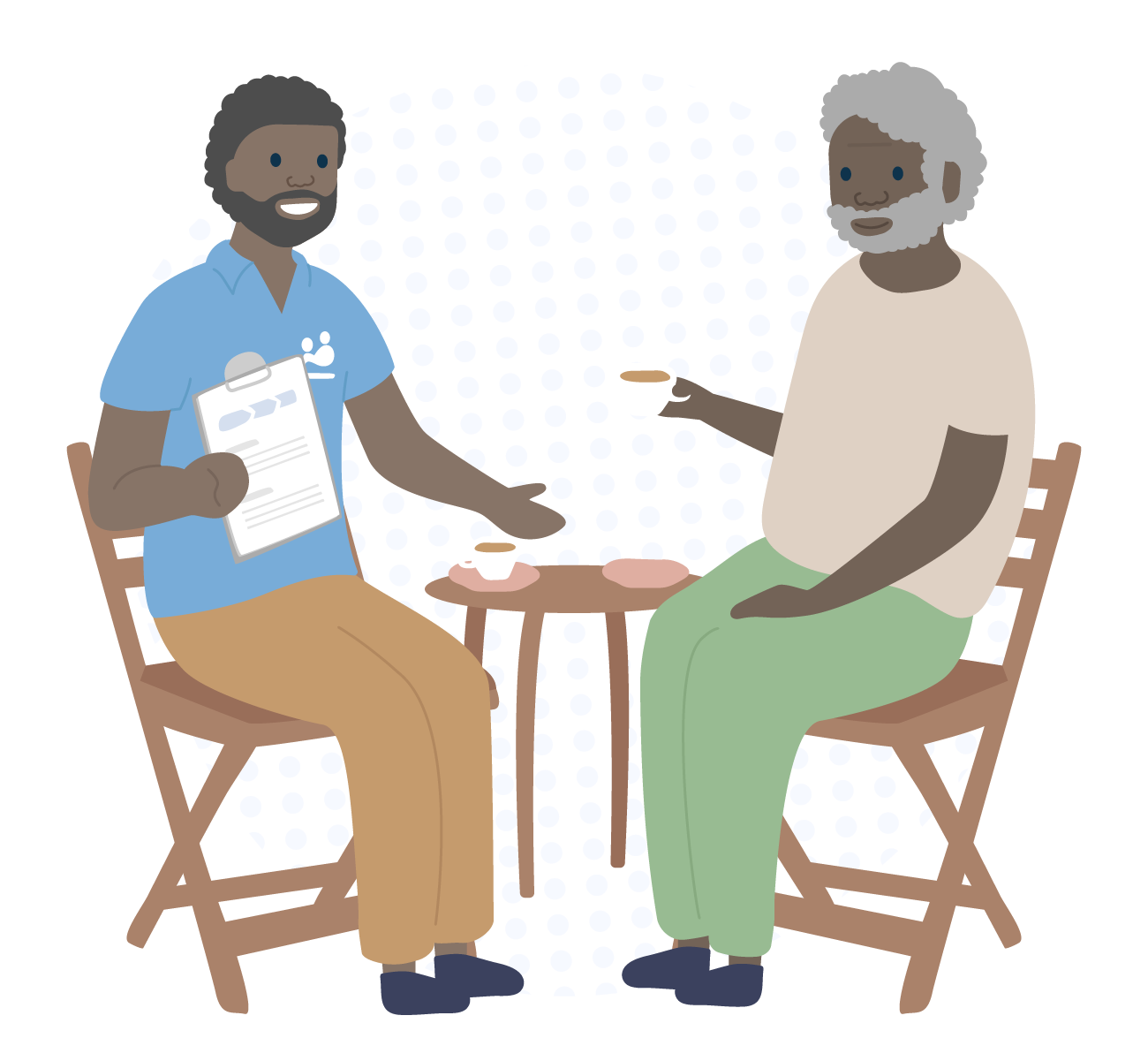If you or a loved one need or are receiving aged care services, it can be helpful—and sometimes necessary—to have someone who can help you discuss your options.
You can appoint a family member, friend, person you trust or organisation to support you in your dealings with My Aged Care as a representative or agent.
A representative can:
- communicate with My Aged Care, assessors, and service providers on your behalf, or with you
- assist you in making decisions or make decisions about aged care assessments and referrals for aged care services, and
- seek and update personal information held by My Aged Care.
An agent is a professional who can provide support similar to a representative, but they cannot make or convey decisions on your behalf.
If your situation has changed unexpectedly and you need immediate help with aged care services or getting someone to represent you, please call My Aged Care on 1800 200 422.

Representative roles and relationships are changing
From 1 July 2025, most representative relationships will go through changes under the new Aged Care Act. If you currently have a My Aged Care representative or individual agent or are someone else's representative or individual agent, these changes will impact you.
We have helpful information on the upcoming changes to roles, duties and responsibilities of support people, how to update existing support relationships before 1 July, and more.
How to appoint an agent or representative
Please note: It can take up to 10 business days to process and establish a representative relationship. If you need to urgently get someone to represent you, call My Aged Care on 1800 200 422.
If you want to appoint an agent or representative you have a few options, depending on your situation:







